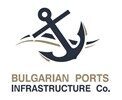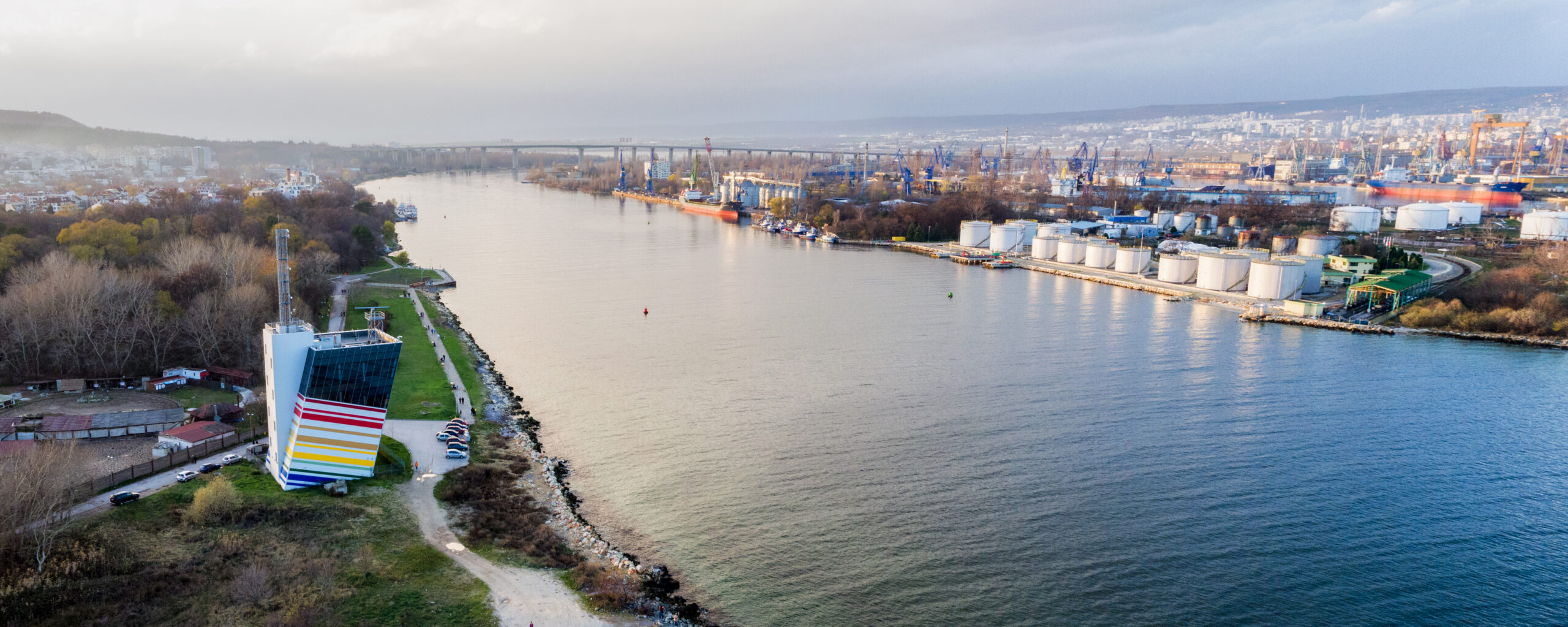

Sharing knowledge, learning best practice: International Port Community Systems Association welcomes Bulgarian Ports Infrastructure Company as new member
The International Port Community Systems Association (IPCSA) is delighted to announce that it has added to its membership once again, by welcoming the Bulgarian Ports Infrastructure Company (BPI Co.) as its newest member.
As the national ports authority, BPI Co. is responsible for the development and modernisation of Bulgaria’s ports, including the Black Sea ports of Varna and Burgas and the Danube river ports of Lom, Vidin and Ruse. All the ports are made up of numerous public and private terminals.

Picture: Port of Varna, Bulgaria, Photo: Bulgarian Ports Infrastructure Company
Work is already under way to implement a Port Community System (PCS) at Varna and Burgas ports, which handle about 35 million tonnes of cargo annually. In April this year, BPI Co.. awarded a €4.56 million contract to the DBA Group SpA subsidiary ACTUAL IT, to develop and supply the PCS. The schedule allows for the new PCS to be fully operational by 2022, said BPI Co. director general
Anguel Zabourtov, who also highlighted BPI Co.’s progress in digitalization elsewhere in the business.
“In addition to its regular activities such as construction, maintenance and rehabilitation of the port infrastructure, wave protection and shore-strengthening facilities, etc., BPI Co. is also responsible for ensuring navigational safety at the ports through traffic control and information support,” he said. “BPI Co. has made serious progress in the digitalisation of information and the implementation of digital systems for shipping traffic management and information services.”
This effort has included the development of the harmonised and technology-neutral European Maritime Single Window Environment. The Bulgarian MSW was developed by BPI Co. in 2010, well ahead of many other EU nations. In 2015, a new MSW software platform was implemented, fully complying with EU requirements.

Picture: Port of Burgas, Bulgaria – Photo: Bulgarian Ports Infrastructure Company
PCS development is important for the progress of the Bulgarian ports, said Mr. Zabourtov. “It will provide effective exchange of information and reduce the administrative burden.
Implementation will facilitate the electronic information exchange in ports, saving time and money. The commissioning of the PCS will improve the competitive position of the Bulgarian sea ports and the efficiency of port activities, acting as a neutral and open electronic platform that enables an intelligent and secure exchange of information between stakeholders from public and private sector.
“This is another step forward in our efforts to make the sea ports of Varna and Burgas attractive enough to become ‘gateways’ connecting the Black sea to the Caspian Sea and the Far East and so to develop as multimodal hubs for goods on the Silk Road.”
As well as the PCS for its maritime ports, BPI Co. is exploring opportunities to implement a PCS for its Danube ports and to enhance their potential in becoming attractive transhipment hubs.
Becoming a member of IPCSA is of “crucial importance” for BPI Co., said Mr Zabourtov. “IPCSA has already created a sustainable environment for attracting good collaboration between the port authorities from all over the world. Becoming an IPCSA member is the best opportunity to benefit from the expertise of other members of the association, and will also allow us to enhance the high efficiency of our operations and to improve the quality of services and competitiveness of the Bulgarian ports.”
BPI Co. is looking forward to sharing experience and knowledge and learning best practices from IPCSA colleagues, he added. “The dynamics of digitalisation and automation require port authorities to start thinking out of the box. The implementation and integration of port information systems, modernisation and expansion of the functionality of traffic management systems combined with the implementation of electronic documents have always been of highest priority for us. For this reason, we understand that transnational and cross-border cooperation, strategies and good practice exchange, as well as know-how transfer, are of great importance for ports to become a powerful engine of a prosperous, modern and competitive economy.”
Richard Morton, secretary general of IPCSA, said: “We are delighted to welcome the Bulgarian Ports Infrastructure Company as our newest member. We now have a strong representation on the Black Sea, including the Port of Constanta Administration, Romania, which joined IPCSA earlier this year, and our longstanding member PPL 33-35 of Odessa, Ukraine. “
“We have already welcomed representatives of BPI Co. at our regular informal e-coffee meeting for members. In the weeks ahead, we look forward to sharing our experience and expertise with BPI Co. as it moves forward with its PCS project.”
IPCSA is one of the signatories of the ‘Call for Action’ communiqué entitled Accelerating Digitalisation of Maritime Trade and Logistics, which was published earlier this year and recognises the heightened urgency of this acceleration as stakeholders plan for a post Covid-19 future. “The members of IPCSA provide the digital solutions which play a critical role in enabling the smooth, swift flow of cargo and associated information, helping to remove bottlenecks, delays and cost from supply chains,” said Mr Morton. “Within IPCSA, we take pride in sharing our experience and expertise for the benefit of the whole supply chain.”



